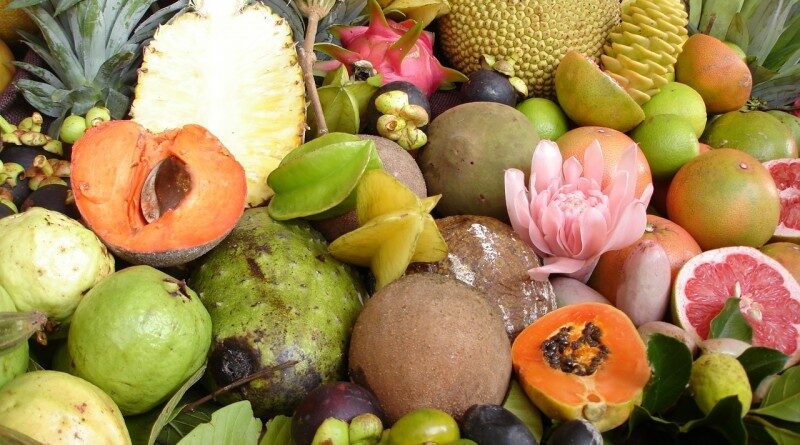Let your food be your medicine
Well over 2,000 years ago, Hippocrates, the father of western medicine, said, “Let your food be your medicine, your medicine your food.” He understood that disease was the product of environmental factors, diet, and living habits, and he prescribed generalized treatments like drinking apple cider and fasting. His “do no harm” declaration in the Hippocratic Oath seems to be long forgotten by many food producers and medical practitioners, while many holistic health doctors and researchers are returning to the wisdom of Hippocrates by focusing on the foods we eat for the “medicine” needed by the body to restore and retain health.
To enjoy optimum health, we must maintain our body’s hydration at 70-80%. A natural food diet can help support this requirement when it is filled with ample water-filled fruits and vegetables. When consuming fruits and vegetables, the fresher the better. When fruits and vegetables are first picked, they immediately lose their source of hydration and begin to dry up inside. After a few days, they will begin to shrivel up, much like a plant that has not been adequately watered.
Many fruits and vegetables will begin to change color as they are separated from their source. As the supply chain lengthens, from the source to the supermarket to the kitchen, many grocery stores and restaurants use chemicals to maintain the fresh look of the fruits and vegetables, and to ripen natural produce that is picked green. Like the harmful chemicals that are added to water, some of the chemicals used on fruits and vegetables have also been shown to be detrimental to optimum health. Thus, it is important to buy locally grown organic fruits and vegetables, in season, that have not been sprayed with potentially harmful chemicals. Fortunately, many grocery stores now carry excellent organic fruits and vegetable.
IMPORTANT NOTICE: This file is protected by copyright laws. It may not be copied or reproduced in any way without the expressed permission from the author, Dr. Terry Kibiloski. Readers who purchase a copy of this file from Computer Times, may make a printed copy for their personal use only.




